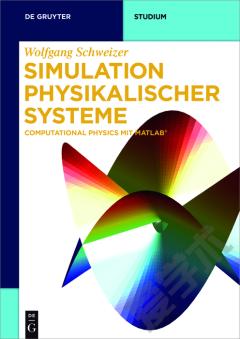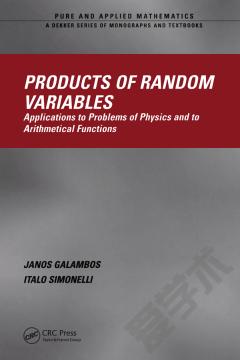Mathematical and Physical Simulation of the Properties of Hot Rolled Products
The objective of this publication is to comprehensively discuss the possibilities of producing steels with pre-determined attributes, demanded by the customer to fit exacting specifications. The information presented in the book has been designed to indicate the reasons for the expenses and to aid in the process of overcoming the difficulties and reducing the costs. In nine detailed chapters, the authors cover topics including: ? steel as a major contributor to the economic wealth of a country in terms of its capabilities and production ? current concerns of major steel producers ? phenomena contributing to the quality of the product ? information concerning the boundary conditions of the rolling process and initial conditions, put to use by mathematical models ? the solid state incremental approach and flow formulation ? parameters and variables - most of which make use of the exponential nature of phenomena that are activated by thermal energy ? the application of three dimensional analysis to shape rolling ? the evaluation of parameters by a form of inverse analysis to the flat rolling process ? knowledge based modeling, using artificial intelligence, expert systems and neural networks They conclude that when either mathematical or physical modeling of the rolling process is considered and the aim is to satisfy the demands for customers, it is possible to produce what the customer wants, exactly.
{{comment.content}}








 京公网安备 11010802027623号
京公网安备 11010802027623号